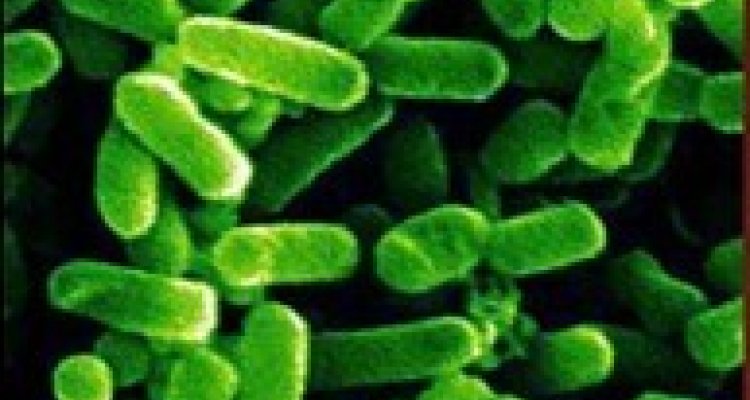
Project
Ecology and evolution of plasmid-mediated antimicrobial resistance (pAMR) transfer in the chicken microbiome
Plasmid-mediated antimicrobial resistance (pAMR) presents a major challenge to both human and animal health. Extended spectrum beta-lactamase (ESBL)-producing bacteria with resistance to a range of beta-lactam antibiotics are highly prevalent among farm animals, and the same plasmids and resistance genes can be found in human bacterial isolates. The prevalence of pAMR is affected by selection pressures on host bacteria, compensatory adaptation of the host and plasmid and plasmid conjugation rates. Despite this, we know little about the ecological and evolutionary processes influencing the invasion and maintenance of pAMR within the microbiome of a (group of ) individual animals. These processes can be better understood using controlled experiments in the laboratory of conjugation rates and pAMR invasion in the absence and presence of synthetic microbial communities.
Aim
The project aims to understand the properties of the microbiome that facilitate or prevent invasion of pAMR within microbial communities. In particular, the effect of the microbiome on the rate of host-plasmid coevolution will be investigated. This involves in vitro experiments for parameter estimation, focusing on an ESBL gene transmitted by pAMR that is highly prevalent in the chicken gut microbiome.
Approach
In vitro experiments in laboratory media are used to estimate plasmid transfer rates, fitness effects and compensatory evolution of plasmid carriage. Plasmid transfer of ESBL resistance from natural chicken Escherichia coli isolates to recipient E. coli strains under different biotic and abiotic conditions are being investigated, involving liquid culturing or spatial structuring on agar surfaces. Microbiome-relevant microbial communities will then be cultured in vitro to develop more realistic conjugation rate and fitness estimates under the influence of microbial community interactions. Parameter estimates will be applied to mathematical models developed by collaborators at Utrecht University, to predict within-animal transmission of pAMR. In vitro research involves development of reliable assays to estimate fitness and conjugation rates as well as experimental evolution of plasmid-host combinations to determine changes in fitness, and/or evolved mutations using sequencing technologies.
Student Opportunities
We are open to applications for thesis projects! We have different thesis topics available, including projects with Microbial Fitness Assays, Experimental Evolution, Molecular Genetics.
- Thesis Projects
- Are you interested? Contact Sarah.Duxbury@wur.nl